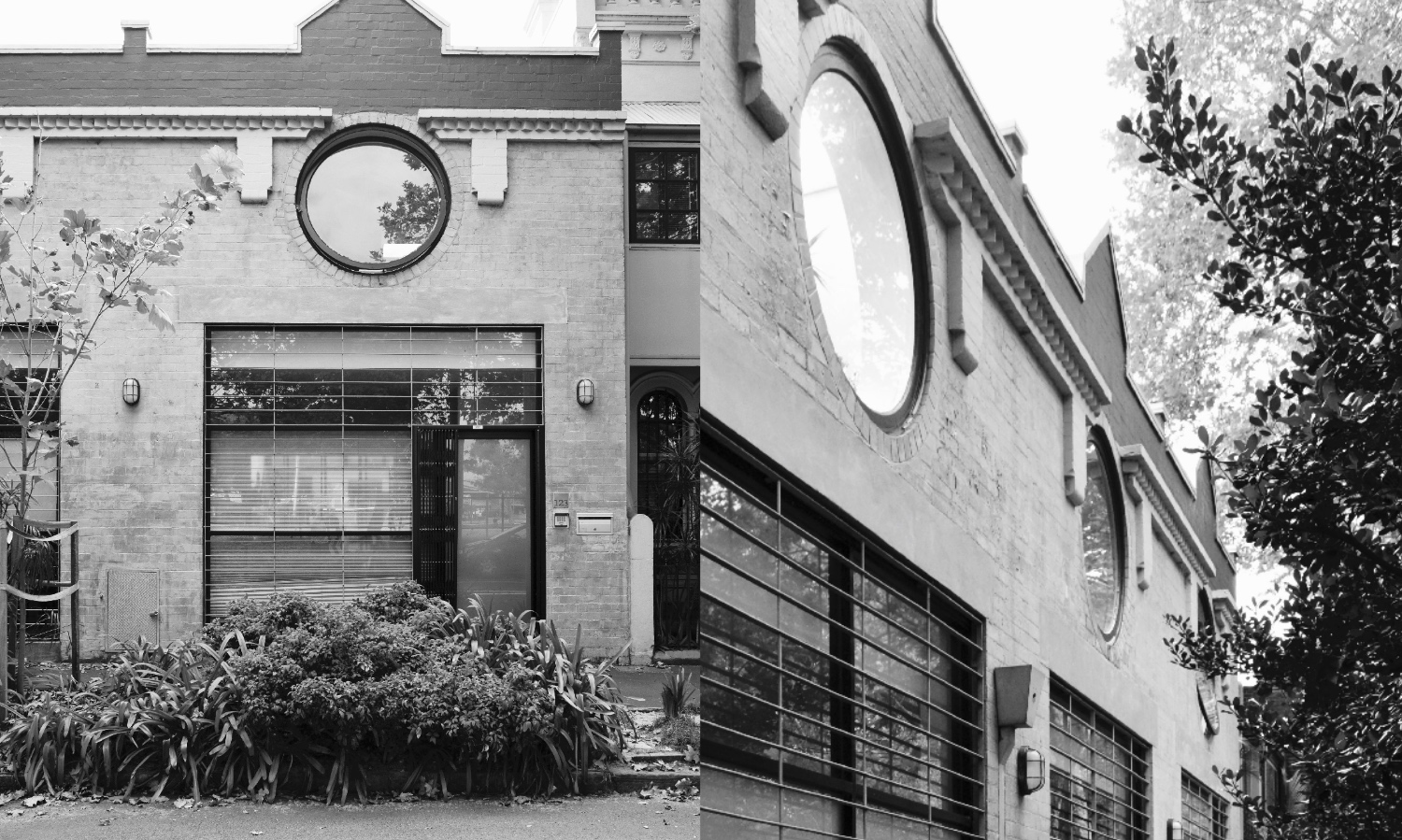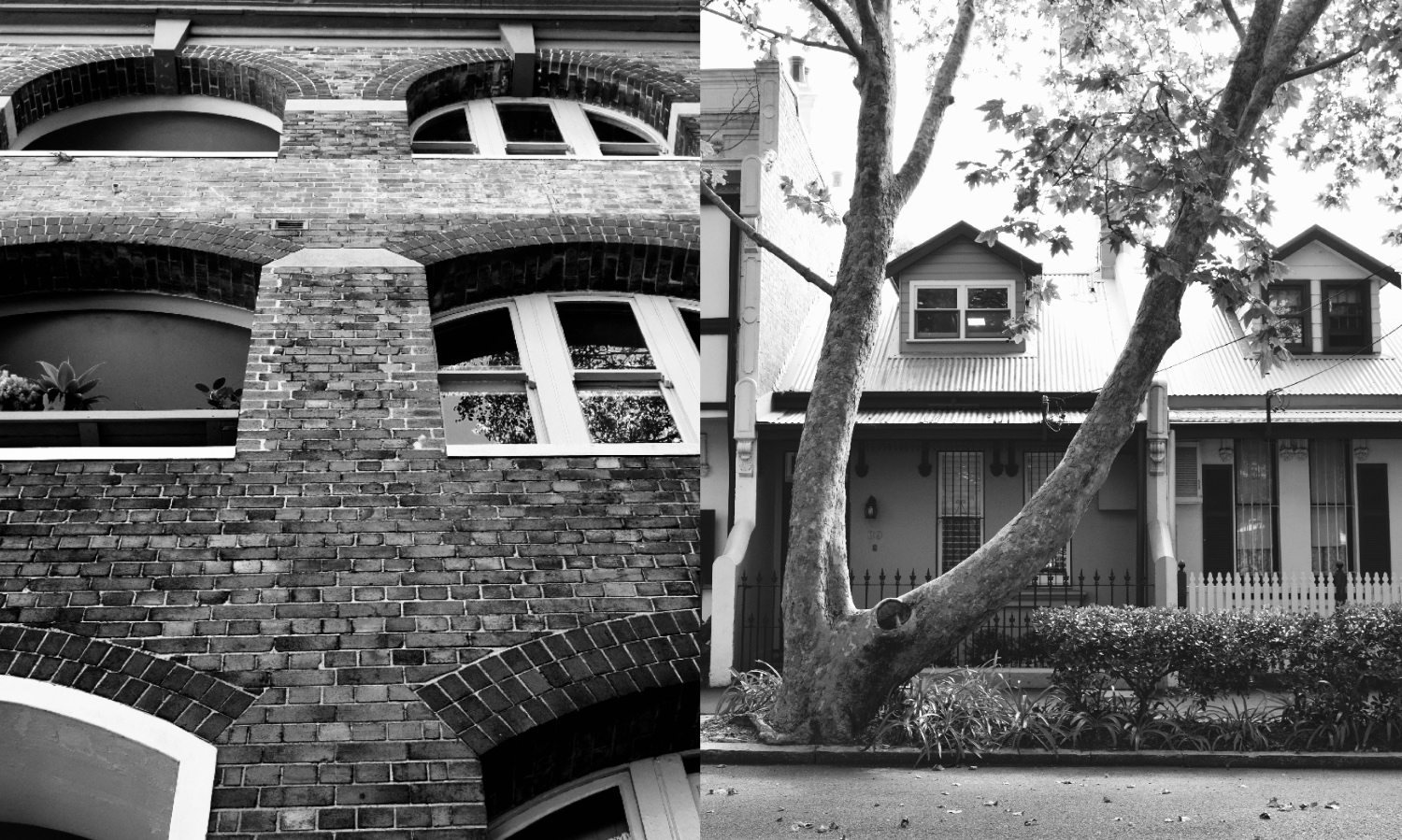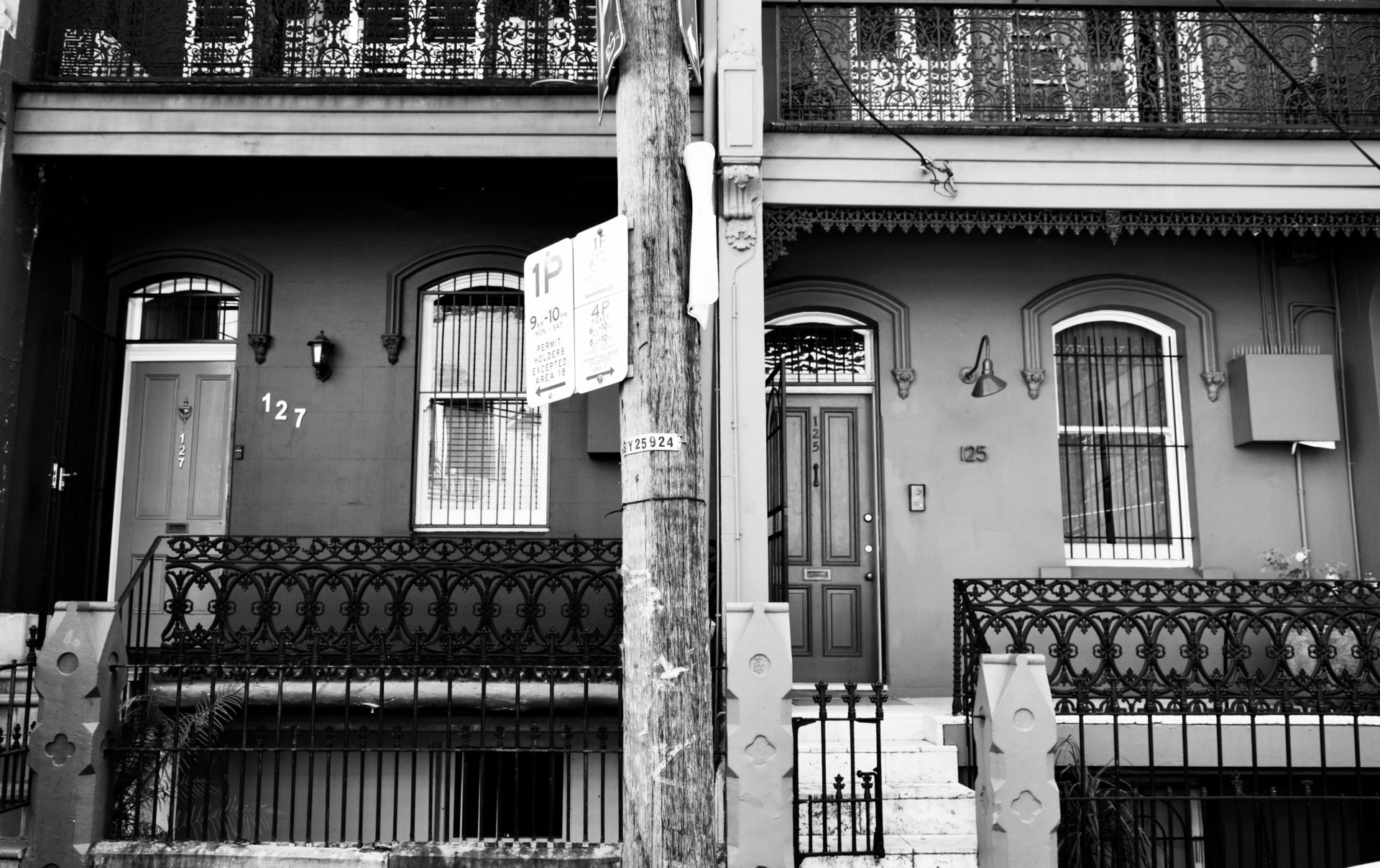One topic that seems to play on the minds of Australians almost constantly is that of our housing affordability. As property prices rise, so too does the amount required for a deposit, and for many first home buyers this means the dream of home ownership can seem just out of reach.
In a bid to further assist those trying to save for their first home, the government introduced its First Home Super Saver (FHSS) Scheme in December last year, which will allow prospective first home buyers to save for their home deposit within their super fund.

From 1 July 2017 you can make voluntary concessional (before-tax) and non-concessional (after-tax) contributions into your super fund to save for your first home.
From 1 July 2018 you can then apply to release your contributions, along with associated earnings, to help you purchase your first home. You must be 18 years or over to apply for the release of these amounts.
To qualify you must:
- have not previously owned property in Australia (or the Commissioner of Taxation has determined you have suffered a financial hardship as specified by regulations)
- have not previously released FHSS funds
- either live or intend to live in the premises you are buying as soon as practicable
- intend to live in the property for at least six months of the first 12 months you own it, after it is practical to move in.
- You can apply for the release of voluntary contributions up to a maximum of $15,000 from any one financial year and $30,000 in total across all years.
Effectively the scheme allows you to save money for your first home inside your super fund, which could help some first home buyers save faster, due to the concessional tax treatment in super. However, there is a bit to get your head around, so let’s break it down in a bit more detail:
How it works
To be eligible for the FHSS, you need to be making additional contributions to your super. That is, in addition to already compulsory contributions made by your employer on your behalf.
To maximise savings under the scheme, you’ll be wanting to make pre-tax (concessional) contributions, as these will be taxed at a lower rate than your normal, taxable income rate. Contributions can be made on your behalf by your employer (remember this is on top of your already compulsory contributions) and will be taxed at a concessional 15%. It’s important to note that the real savings to be made here are tax related so, if you aren’t paying a lot of tax, there probably isn’t a huge benefit in the scheme for you. Remember to always check with your accountant if you’re unsure.
Contributions
Your FHSS contributions can be concessional (before-tax) or non-concessional (after-tax) and are also capped at $15,000 per year, with the total amount available for withdrawal across all years capped at $30,000. The scheme only applies to these additional contributions that you make, and all other regular contributions remain inaccessible until you retire.
Withdrawing the funds
As with most concessional contributions accrued as savings in super, there is also a tax bill to pay when they are withdrawn. Any contributions made under the scheme, as well as earnings made from those contributions, will be taxed at your marginal tax rate, less a 30% tax offset. Whilst this seems a bit confusing at first, it helps to ensure that there is equity in the scheme, and that those earning a higher income won’t gain an unfair advantage over those on lower incomes.

Whilst any efforts to assist fist home buyers with their property purchase is fine by us, this is one that requires some consideration, as it may not be the best option for everyone. However, if used correctly it can help first home buyers to save more money, and faster.
Want to check your own personal circumstances? The government have provided a nifty little estimation tool, to see if the FHSS is right for you. You can access the estimation tool here.
Want more info? You can visit the government’s FHSS information page here.
The preceding information is of a general nature and does not take into account personal financial situations and endeavours. You should obtain advice based on your individual circumstances before acting on the above information.
